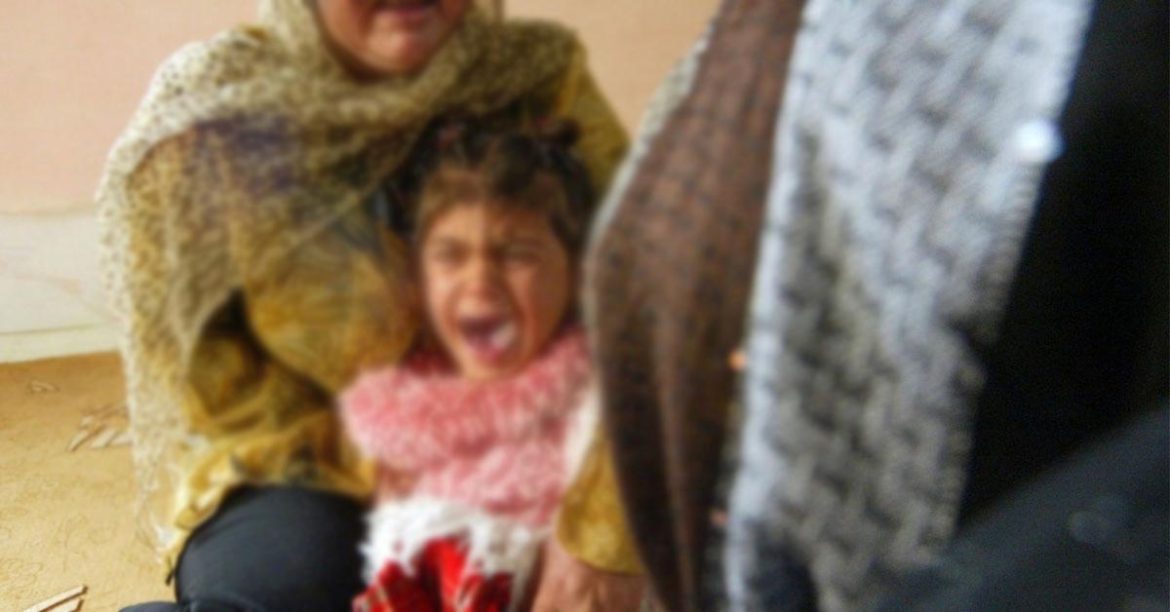- FGM (female genital mutilation) is a common but hidden practice among some Pakistani communities with 75-85% of women affected and little public awareness or legal intervention.
- Survivors like Mariam and Aaliya describe enduring emotional and physical scars, compounded by a sense of betrayal and societal silence.
- Experts and advocates stress the importance of community engagement and education to eradicate FGM, emphasizing sensitivity to cultural norms to drive lasting reform.
Seven-year-old Mariam eagerly anticipated a surprise. Dressed in her favorite pink dress with butterfly clips adorning her pigtails, she believed she was heading to a cousin’s birthday celebration.
Instead, her aunt led her to a dilapidated building where a stern-looking woman restrained her on a cold metal table. The searing pain that followed left her emotionally and physically scarred, fracturing her trust in her mother forever.
Now 27, Mariam still carries the weight of that day. “It feels like something vital was taken from me, leaving behind a void,” she says. The emotional aftermath has been equally devastating, making it difficult for her to navigate relationships or express her needs.
Estimates suggest that 75-85% of women in specific communities in Pakistan undergo FGM, often in unhygienic conditions without anesthesia. Despite the prevalence of the practice, it remains shrouded in secrecy, with little public awareness or legal action.
Also Read:
Tan Mann Neel O Neel is Shedding Light on the Sexual Abuse of Men
For survivors like Aaliyah, the experience is an enduring source of trauma. At 26, she recalls the cold table, whispered reassurances, and pain she could neither process nor understand as a child.
“It felt like a nightmare, too cruel to be real,” she says. Betrayal by trusted adults compounds the physical and emotional pain.
Globally, efforts to eradicate FGM are gaining traction, yet some communities cling to the practice, framing it as a religious and cultural necessity. Critics, however, argue that it’s a tool to suppress female sexuality, with the clitoris often labeled as “haram ki boti” (a sinful piece of flesh).
Medically, the consequences of FGM are severe, including reproductive complications, persistent pain, and loss of sexual sensation. “It’s an extremely harmful practice,” says Dr. Asifa Malhan, a gynecologist in Karachi. Yet, Pakistan lacks specific laws to criminalize FGM, and existing provisions under child protection laws remain underutilized.
Efforts to challenge FGM face significant cultural and social barriers. Survivors who speak out risk ostracism, while the practice persists underground. Researchers like Huda Syyed emphasize the need for a compassionate and inclusive approach. “Change must come from within the community,” she says, warning against alienating or vilifying those who practice FGM.
For Aaliyah and Mariam, breaking the silence is essential. “This practice took something from me,” Mariam asserts, “and it ends with me taking it back.”
Source: Aljazeera
